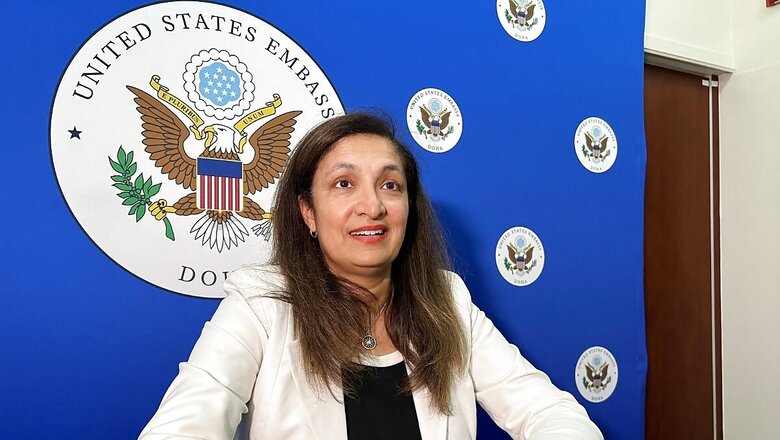
views
Uzra Zeya, US Under Secretary for Civilian Security, Democracy and Human Rights, plans to engage with civil society organisations on topics like ‘Freedom of expression and association’ and ‘Marginalised religious and ethnic minorities’ during her Delhi and Dhaka visits.
Zeya, who also holds responsibility as US special coordinator for Tibetan issues, is scheduled to travel to India and Bangladesh from July 8 to 14.
Zeya’s visit comes in wake of President Joe Biden and Prime Minister Narendra Modi’s recent press conference at the White House, where the US president had underlined the importance of democratic values and respect for every citizen. Biden, replying to a question, had said both leaders had a “good discussion about democratic values”. “That’s the nature of our relationship: we’re straightforward with each other and we respect each other,” he had said. “I believe that we believe in the dignity of every citizen. And it is in America’s DNA and, I believe, in India’s DNA that the whole world – the whole world has a stake in our success, both of us, in maintaining our democracies.”
The US government’s statement regarding Zeya’s visit emphasised her focus on issues of inclusion, particularly for women, girls, persons with disabilities and vulnerable groups. With her extensive diplomatic experience, including serving in the US mission in New Delhi, Zeya brings familiarity to her visit.
It is, however, worth noting her involvement in the 2013-14 ‘Devyanai Khobragade incident’, when the Indian diplomat was arrested based on a complaint by domestic help Sangeeta Richards. At that time, Zeya was serving as the acting assistant secretary in the Bureau of Democracy, Human Rights and Labor in the State Department.
The US government had provided Sangeeta with a visa granting ‘continued presence’, a temporary immigration status for victims of human trafficking. T-visas were also arranged for Sangeeta’s husband and children, making it appear as an issue of human trafficking.
It was reported that when Zeya was posted in India, Sangeeta’s close family members had worked at her home. Then posted as India’s deputy consul general in New York, Khobragade was arrested on December 12, 2013, outside her children’s school on charges of visa fraud and paying her Indian domestic worker below minimum wage.
Khobragade’s arrest had sparked widespread condemnation in India creating one of the lowest points in India-US diplomatic relations in decades. As a fallout of the many reciprocal steps India took, one was to immediately revoke diplomatic privileges granted to US diplomats serving in India, which were beyond the rights and privileges enjoyed by Indian diplomats posted in the US.
After her visit to India, Zeya will travel to Dhaka, where she will meet senior government officials to discuss critical topics, including the Rohingya refugee crisis, labour issues, human rights, free and fair elections, and combating trafficking in persons. This visit gains significance amid recent tensions between the US and Bangladesh regarding “free and fair elections”.
Her Bangladesh visit is seen as an effort to engage after the recent diplomatic tiff between the two countries on “democratic values”. The US had recently announced a policy to restrict visas for individuals from Bangladesh, who were believed to have undermined the democratic election process. US Secretary of State Antony Blinken had said, “The United States is adopting a new policy to restrict visas for any Bangladeshi individual, believed to be responsible for, or complicit in, undermining the democratic election process in Bangladesh.”
Responding to criticism from the US, the Bangladesh foreign ministry emphasised its commitment to ensuring the integrity of elections, stating, “The government apparatus will take necessary measures to prevent and address any unlawful practices or interference… to compromise the smooth and participatory conduct of the elections.” Bangladesh has also assured that the electoral process will be closely monitored by international observers accredited by the Election Commission.











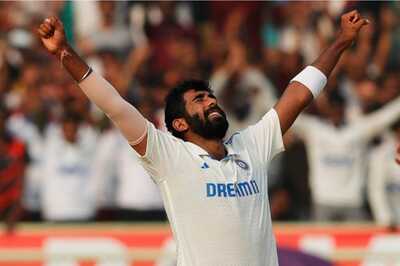
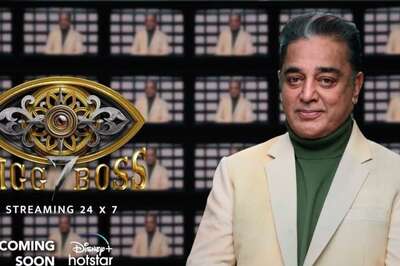
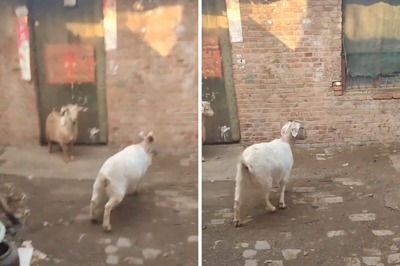
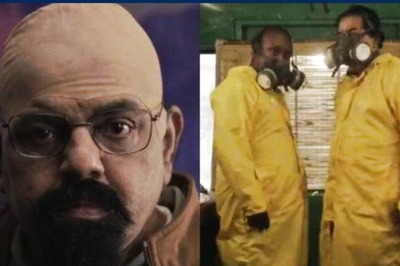

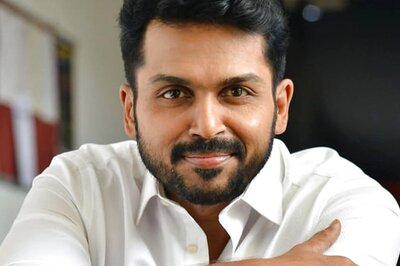
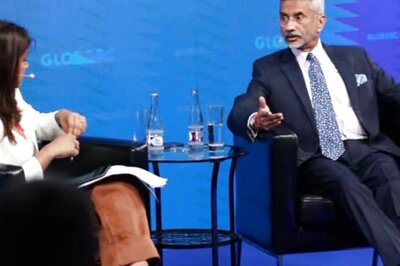

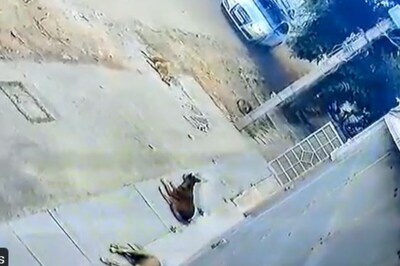
Comments
0 comment